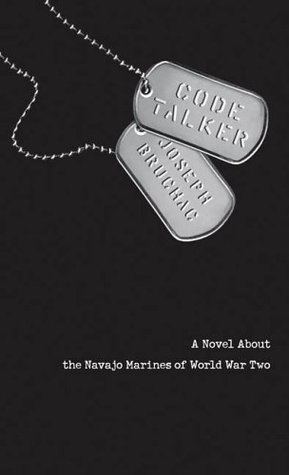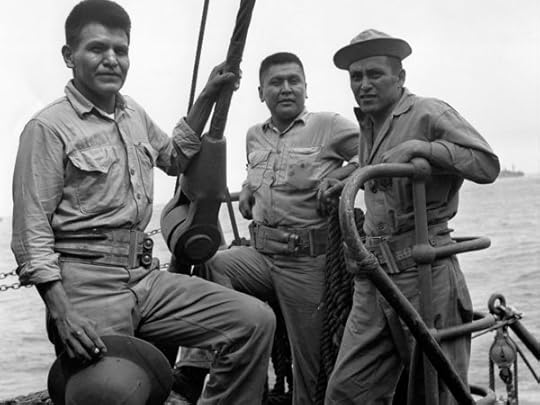What do you think?
Rate this book


237 pages, Kindle Edition
First published January 1, 2005
Pope Benedict XVI, meeting with native Canadians, apologized Wednesday for abuses at Christian schools that Indian children were forced to attend from the 19th century until the 1970s to assimilate them into American society. Canada has admitted physical and sexual abuse were rampant in the schools, and has apologized and offered compensation. Students say they were beaten for speaking their native languages and lost touch with their parents and customs.
